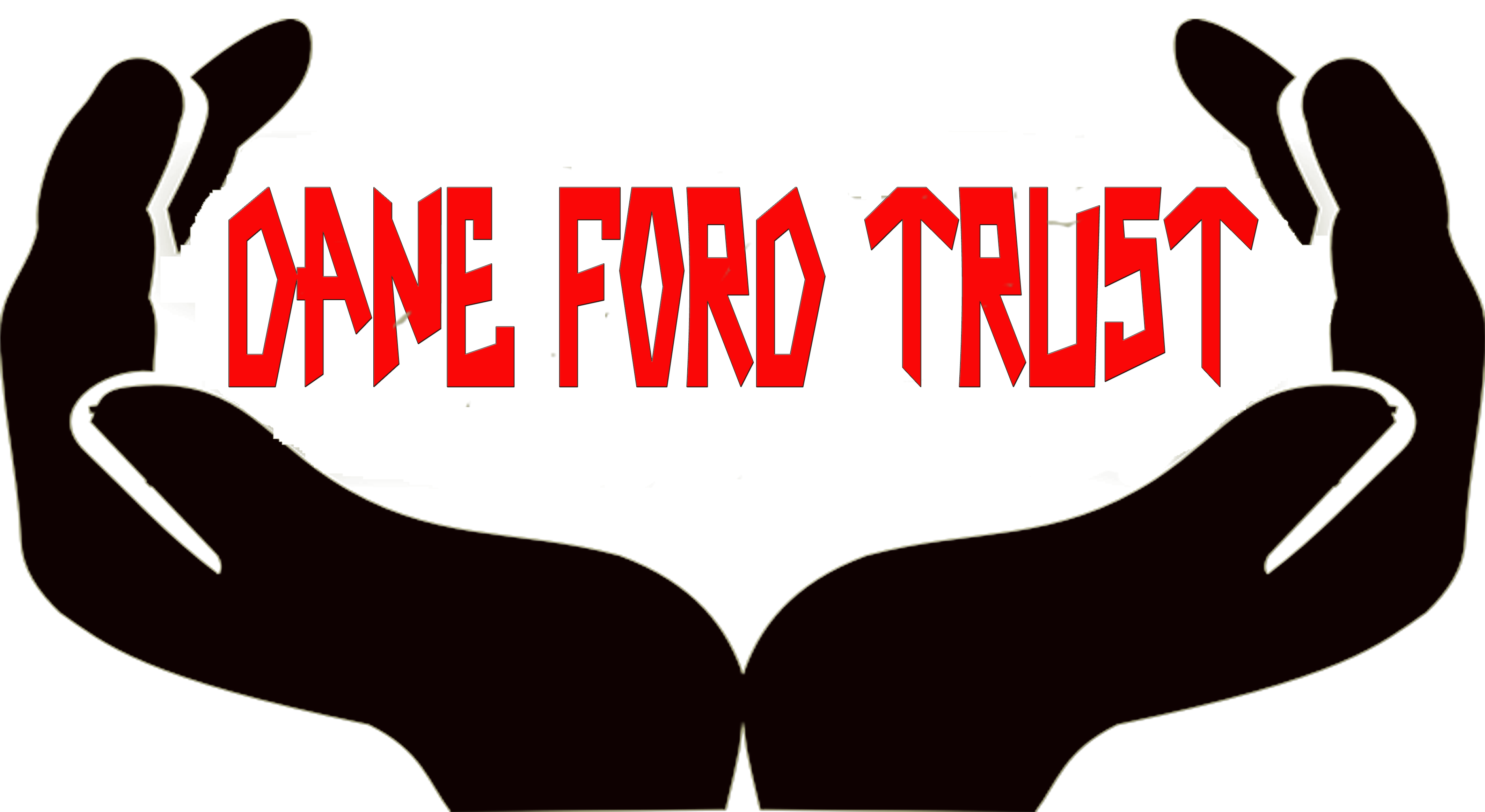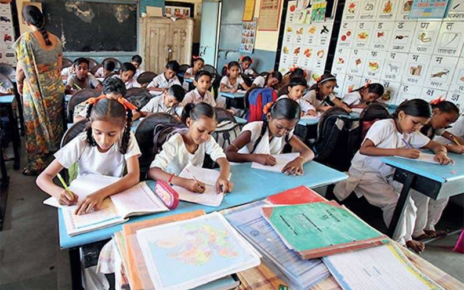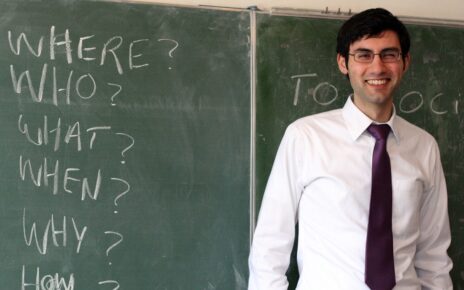Introduction (50 words): Education is a transformative force that empowers individuals, builds societies, and shapes the future. It goes beyond the classroom, fostering personal growth, critical thinking, and lifelong learning. In this article, we explore the multifaceted nature of education and the immense impact it has on individuals and communities alike.
Education: A Catalyst for Empowerment (100 words): At its core, education is a catalyst for empowerment. It equips individuals with knowledge, skills, and values necessary to navigate the complexities of the modern world. It liberates minds, enabling individuals to challenge societal norms and pursue their dreams. Education empowers women, minorities, and marginalized communities, breaking down barriers and promoting equality. By nurturing intellectual curiosity and fostering creativity, education ignites a passion for learning that lasts a lifetime.
Education as a Tool for Social Progress (100 words): Education is not just about personal growth; it is also a powerful tool for social progress. By providing access to quality education for all, we can address systemic issues such as poverty, inequality, and discrimination. Education cultivates empathy, tolerance, and inclusivity, enabling individuals to become active citizens who contribute to their communities. It fuels innovation and drives economic development, creating opportunities for individuals and uplifting entire societies. Through education, we can build a more equitable and just world.
The Changing Face of Education (100 words): In the digital age, education is undergoing a remarkable transformation. Online learning platforms, virtual classrooms, and interactive technologies are revolutionizing the way knowledge is disseminated. The boundaries of traditional education are expanding, making learning accessible to anyone, anytime, and anywhere. The rise of personalized learning approaches tailors education to individual needs, optimizing learning outcomes. Moreover, education is embracing interdisciplinary perspectives, encouraging collaboration across fields and preparing students for the complex challenges of the future.
Education for Sustainable Development (100 words): In an era marked by environmental crises, education plays a crucial role in fostering sustainable development. By integrating ecological literacy into curricula, education equips future generations with the knowledge and skills needed to tackle environmental challenges. Education promotes responsible consumption, sustainable practices, and ecological stewardship. It cultivates a deep appreciation for nature and fosters a sense of global citizenship. By embedding sustainable development principles into education, we empower individuals to become change agents who strive for a greener and more sustainable world.
Conclusion (50 words): Education is a transformative force that shapes individuals, societies, and the world. It empowers individuals, drives social progress, embraces innovation, and fosters sustainable development. As we continue to unlock the power of education, let us ensure equal access and quality education for all, paving the way for a brighter and more prosperous future.





